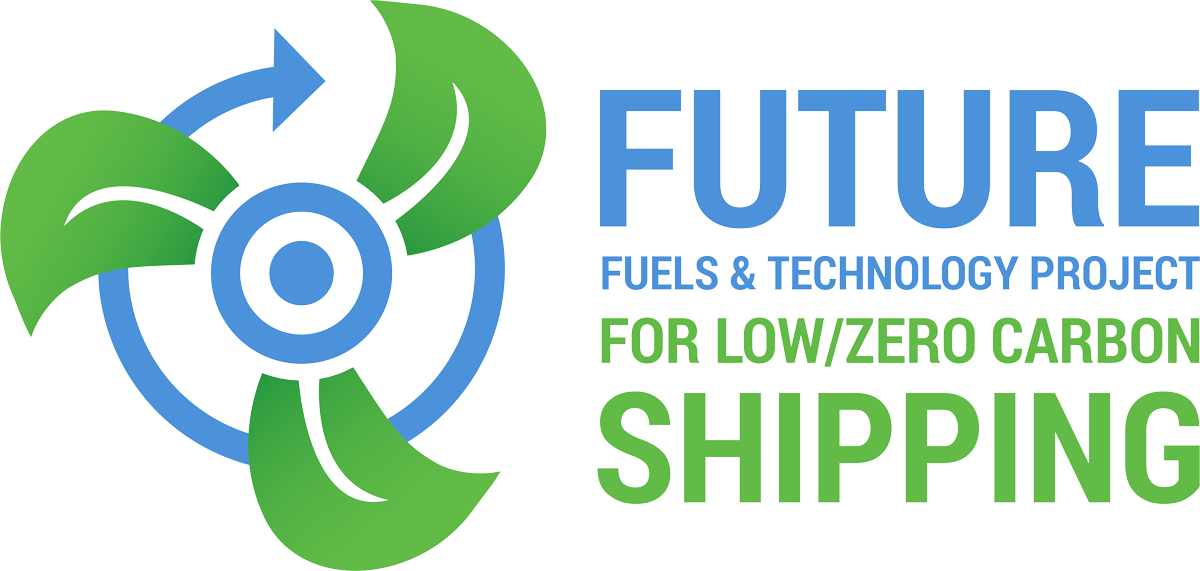To introduce the current status and limitations of technological development of renewable electricity derived from naturally replenished sources, such as solar, wind, hydroelectric, or geothermal energy, to reduce GHG emissions in international shipping and, based on this, briefly describe the project production and demand regarding e-fuels.
Fuel Type: e-fuel
Energy Transition Outlook 2023 Transport in Transition: A deep dive into fuels, electricity, and infrastructure
To deeply analyze the transition of electrification, infrastructure, and fuel use in the transport sector for the next 30 years, focusing on fossi fuels, electricity, biofuels, hydrogen, and hydrogen-based fuels (e-fuels)
Cost of Regulatory Compliance Lower with LNG
To provide information on the impact of alternative fuels choice
Power-2-Fuel Cost Analysis
To analyze the production, distribution, and storage costs of various e-fuels and the total costs of ownership (TCO) for using these fuels in vehicles and ships
Maritime Forecast to 2050
To analyze the current state of the shipping industry’s carbon emission reduction transition and the prospects for new technologies and stretegies, including ship design and fuel selection, necessary to achieve full net-zero
Commercial Readiness of Absolute Zero GHG Technologies
ZESTAs’ paper discusses findings from the MARIN NL Model for ESSF SAPS, which compares various marine fuels’ greenhouse gas emissions over a 100-year Global Warming Potential (GWP), noting that some fuels produce 0% emissions over this period. Only technologies reaching at least demonstration stage (TRL7 or higher) are considered. Additionally, references are made to Technology Readiness Levels (TRLs) and Commercial Readiness Levels (CRLs) following expanded definitions presented to ISWG-GHG 14 by IMO Secretariat, DNV, and Ricardo plc on 22nd March 2023.
Economic value of methanol for shipping under fuelEU maritime and EU ETS
To evaluate the economic viability of bio-methanol and e-methanol as sustainable marine fuels within the regulatory frameworks of FuelEU Maritime and the EU Emissions Trading System (ETS). The report provides an analysis of compliance pathways and the economic incentives for adopting these fuels compared to fossil fuels such as VLSFO, emphasizing the penalties for non-compliance. The findings support the potential of these regulations to facilitate a transition to sustainable fuels by creating a stable investment environment for fuel producers and encouraging adoption by shipping operators.
Assessing impacts of EU and US policies on accelerated deployment of alternative maritime fuels
To evaluate the impact of policies, analyzing how recent climate policies from the EU and US, specifically the US Inflation Reduction Act and EU ETS along with the FuelEU Maritime Regulation, affect the adoption and deployment of alternative marine fuels.
To identify the investment implications of these policies, focusing on the synergies of the US and EU policies.
To provide actionable insights for stakeholders.
Exploring the technical feasibility of carbon capture onboard ships
To assess the technical feasibility of implementing carbon capture systems on ships to help reduce CO2 emissions, particularly concentrating on both retrofit and newbuild vessels.
Analysis on interaction of CII with GFS: Calibrating IMO energy efficiency and fuels targets
To recommend effective strategies for the shipping sector to achieve the IMO emission reduction targets

